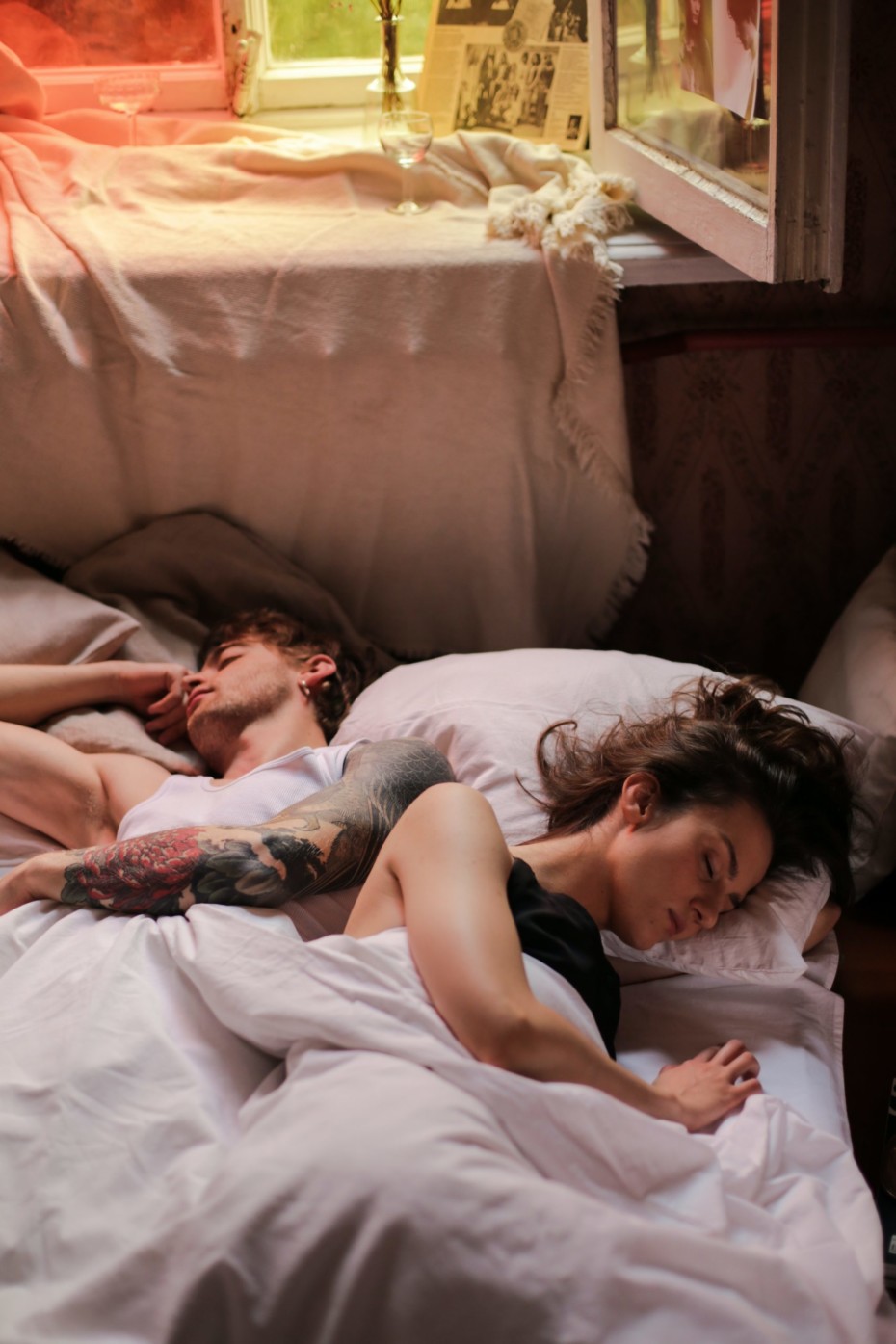Unlock the Secrets of Quality Sleep with Athletes Kitchen Tips!
Sleep enthusiasts, get ready to be amazed by the magic potion of a good night’s sleep that can do wonders for your life. Imagine a longer lifespan, improved memory, enhanced creativity, balanced hormones, stable weight, and even disease prevention, all wrapped up in one cozy, dreamy package.
But that’s not all! A well-rested you also means a better mood, a stronger immune system, and a controlled appetite – it’s like hitting the sleep jackpot, and the best part is, it’s absolutely free! No need to spend a fortune; just follow a few simple steps for the best snooze of your life.
- Step one: Establish a consistent sleep schedule to train your body for dreamland on time. Avoid intense exercise before bedtime and limit caffeine intake in the afternoon (unless you’re caffeine-resistant like a superhero). Say no to heavy meals late at night and resist afternoon naps, as they can disrupt your sleep game.
- Step two: Embrace the morning sun! Sunlight plays a vital role in promoting a well-rested life. When evening approaches, dim the lights and indulge in a relaxing bedtime routine. Think soothing music, a warm bath, and candles to set the mood for a restful night.
- Step three: For tech-savvy sleep geeks, meet the Oura ring – the ultimate sleep superhero. This little wonder calculates your heart rate, sleep time, efficiency, and activity levels, acting as your personal sleep coach. It’s accurate, reliable, and helps you optimize your day based on your sleep data.
With Oura, you’ll have the tools to become a sleep champion, knowing exactly when to take it easy and when to seize the day. Consider it your sleeping superhero sidekick!
Take charge of your sleep and witness a transformative impact on your life. If you’re hungry for more sleep wisdom, dive into “Why We Sleep” by Matthew Walker, PhD. Prepare to snooze like a pro and wake up to a fantastic life, courtesy of Athletes Kitchen’s self-care and health-boosting tips!”
